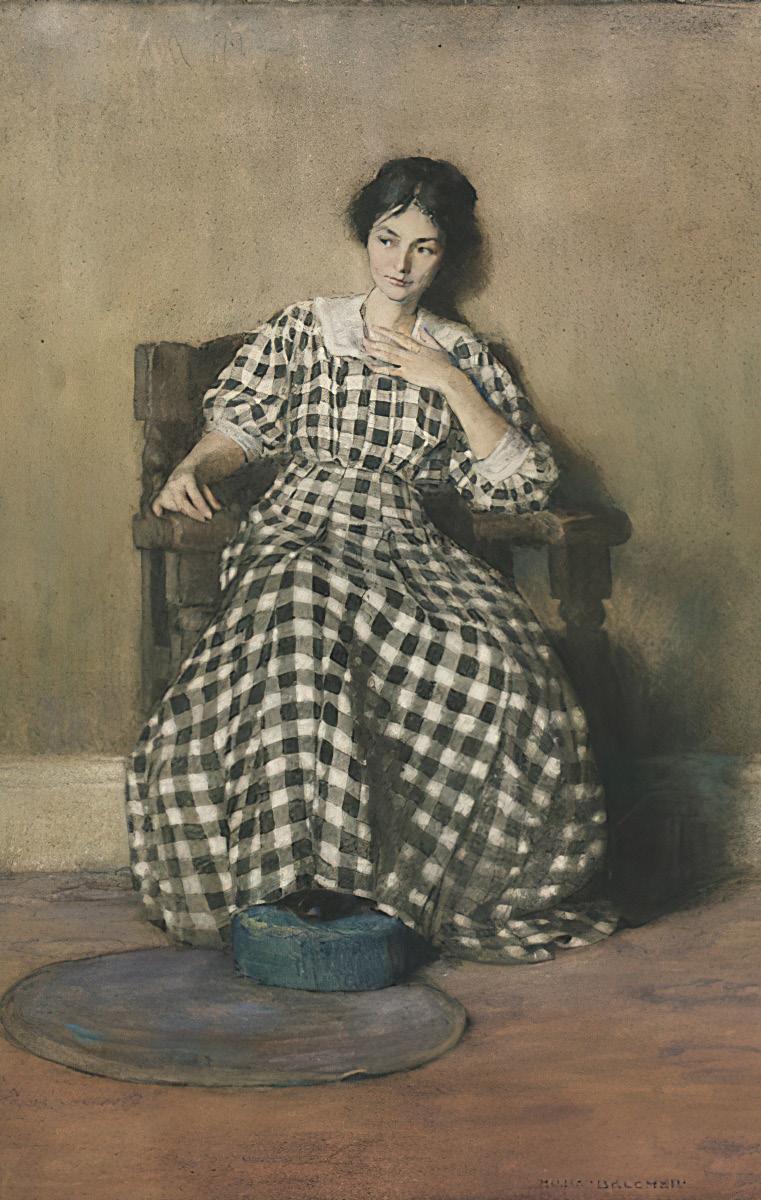
3 minute read
Esteemed Reader
“In a world where death is the hunter, my friend, there is no time for regrets or doubts. There is only time for decisions.” —Carlos Castaneda, Journey to Ixtlan
Esteemed Reader, Wishing for a respite from the cold of the Hudson Valley, I set out by car to visit the mountains of the Sierra Madre in northern Mexico. Arriving today in this rich and austere landscape I am reminded of the Yaqui Indian magus, don Juan Matus, who lived in this area. This teacher is described in books by Carlos Castaneda, who began as a doctoral student collecting field notes, became an apprentice in shamanic sorcery, and finally initiated others into a tradition dating back to the Toltecs of ancient Mexico. Though I read all the books many years ago, the teachings I recalled were with me as I hiked through the hills of northern Mexico and into the mountains today.
Advertisement
The trail was indistinct and easy to lose as I hiked ever upward toward a place high in a limestone canyon I had seen from far below. The first of don Juan’s teachings that came to mind was to attempt to “see” the energetic pattern of the path when no pathway is defined. The technique is to sense one’s body and slightly blur and open the vision. Even lacking clear delineation, the pattern appeared as I stepped through the unforgiving brush, lacerating cacti and yucca, and I could discern the path, as though perceiving its traces prepared by past and future travelers.
Each step led closer to the goal at the top of the canyon. Sweat drenched my body and my legs ached with the strain of constant climbing. Some magnetic force pulled my body upward.
The canyon’s terminus was a cul-de-sac surrounded by overhanging white limestone walls and overlooked several thousand feet of elevation and a view of distant mountains and the valley below. The tufa rock of the cliff was ribbed with calcified veins running down the face. I looked up as a pair of falcons circled toward their nest with legs and talons outstretched. In the symbolic vocabulary of Don Juan this was a friendly omen of welcome.
Traversing the base of the cliff I came to a cave stretching 50 feet into the mountain. It opened outward, allowing dim light to penetrate to its deepest recess. Bulging stalactites descended from the ceiling, with nubs of stalagmites reaching up from the floor. The texture of the walls gave the impression of entering an internal organ. Walking on the smooth floor to the back of the cave, I felt a growing sense of wellbeing and comfort. Moving to a place along the side I began to feel ill at ease, and quickly removed myself, returning to the back where a sense of wellbeing returned. I was reminded of don Juan’s teachings about “power spots”—physical locations that are beneficial or maleficent for one’s nature.
I sat in the quiet of the cave for several hours, listening to the sounds outside, watching my breath and the sun moving across the segment of sky I could see through the opening. An ancient tree stood sentry squarely in the center. I recalled don Juan’s injunction: Stop the world and erase your personal history.
He said: If you have no personal history, no explanations are needed; nobody is angry or disillusioned with your acts. And above all no one pins you down with their thoughts. It is best to erase all personal history because that makes us free from the encumbering thoughts of other people.
In the moment, I knew that this did not require a rejection or judgement of anyone or anything. It is simply being present, without judgement and thought, without a resume of accomplishments and excuses for failure. It means leaving off telling one’s story and promoting one’s attitudes and opinions about anything. It means letting go of attachment to affiliations— with family, nation, parties, genders—and being free to simply be.
Sitting quietly, a show of light flickered in the corner of the right side of my vision. Thinking of don Juan, I realized it was my death come to remind me of the immediacy of the moment at hand.
He said: Death is our eternal companion. It is always to our left, an arm’s length behind us. Death is the only wise adviser that a warrior has. Whenever he feels that everything is going wrong and he’s about to be annihilated, he can turn to his death and ask if that is so. His death will tell him that he is wrong, that nothing really matters outside its touch. His death will tell him, “I haven’t touched you yet.”










